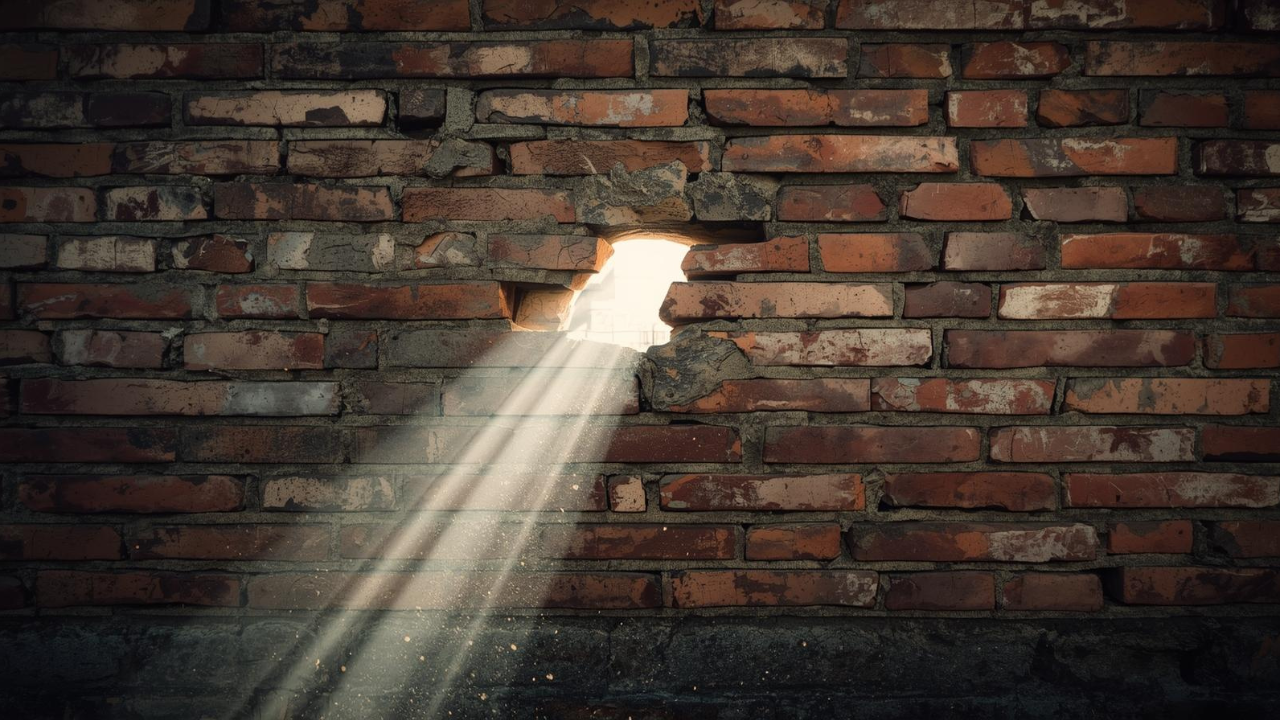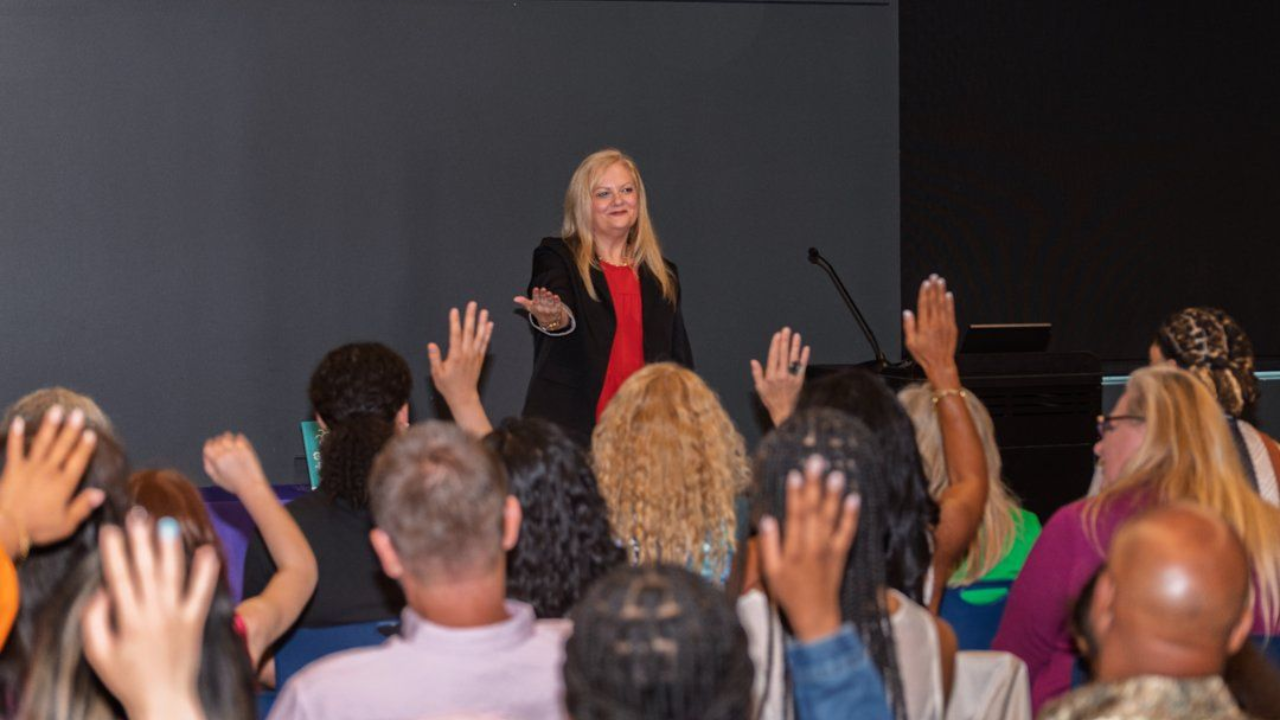Looking at Yourself After Betrayal: From Walls to Redemption
Nov 15, 2025
Preface
I come from a lineage where storytelling and reflection were central — my great‑grandfather was a preacher, and though I’m more spiritual than religious these days, I’ve inherited that love for stories that carry wisdom. What draws me in are the timeless human experiences they reveal.
Across history and culture, stories of betrayal appear again and again. They remind us that heartbreak is not unique to us — it’s part of the human journey. And just as often, those stories end with redemption, with transformation, with love returning in a new form.
I believe that’s true of life as well. Betrayal is never the final word. When we can look at our own part, allow ourselves to be transformed, and choose not to give up, redemption always finds its way back in.
Stories of Betrayal and Redemption
The stories I’m drawn to carry this truth:
-
Peter denied Jesus three times, yet was restored with love and trust, becoming a leader of the early church.
-
Paul once persecuted Christians, but his transformation on the road to Damascus turned him into one of the greatest teachers of love and grace.
-
Ruth and Naomi faced loss, betrayal by circumstance, and despair, yet their loyalty and courage led to redemption and a lineage of hope.
-
Moses was betrayed by his own people’s doubt and rebellion, yet he kept leading them toward freedom, showing that perseverance can carry us through.
-
Job endured betrayal by friends and unimaginable suffering, but his story ends with restoration, reminding us that pain is not the final word.
Each of these stories carries the same truth: betrayal is not the end. Redemption is always possible. Love returns in new forms when we allow ourselves to be transformed.
Betrayal as a Human Experience
Sometimes when we are betrayed, it feels deeply personal — as if we are the only one who has ever been hurt this way. That isolation can make the pain heavier, convincing us that no one else could understand. But betrayal is a profoundly human experience. It has been lived and retold across centuries, cultures, and sacred texts.
Recognizing this truth softens the loneliness. It reminds us that we are not alone in our suffering, and that others have walked this path before us — and found redemption on the other side. Betrayal is part of the human story, but so is healing, transformation, and love renewed.
Looking at Yourself After Betrayal
Betrayal shakes our trust, rattles our sense of safety, and leaves us standing in the rubble of what we thought was secure. In those moments, resentment feels like the easiest place to live. It gives us a sense of control, a place to direct our pain.
Sometimes, after betrayal, we tell ourselves: “I’m done having relationships. I can’t trust or love again.” That voice feels convincing because it’s rooted in fear. Fear whispers that if we close ourselves off, we’ll be safe. But staying stuck in that fear is like sitting in a house with walls built so high that no light can get in. It may feel protective, but it is also isolating.
It feels personal what the other person did — and it was. But the deeper truth is that you are responsible for the direction you want your life to go. Sitting in that walled-off house is giving up on yourself. And part of transforming the hurt is choosing to never give up. Ever.
The Walls We Build
These walls are made of fear, silence, and self-protection.
-
A brick of fear says: “If I open up, I’ll be hurt again.”
-
A brick of silence says: “It’s safer not to speak my truth.”
-
A brick of resentment says: “I’ll hold on to this pain so I don’t forget.”
At first, these walls feel protective. But over time, they keep love out. They keep us out—from our own fullness, our own joy, our own ability to connect deeply.
The hardest work is not tearing the walls down all at once, but gently noticing them, brick by brick, and asking: Do I still need this? Or is it time to let it go?
Empowering Questions for Reflection
-
Did this pattern look familiar? Have I experienced something like this before in other relationships?
-
Where did I self-abandon? Did I silence my needs or ignore my own voice?
-
Where did I compromise myself? Did I give more than I had to give, or accept less than I truly wanted?
-
How do I want to show up next time? Can I be more whole, more boundaried, more radically honest about who I am and what I want?
A Spiritual Teacher’s View
Richard Rohr, a Franciscan priest and contemplative teacher, reminds us that relationships are mirrors. They reflect back both our best and our worst selves, showing us where we still have work to do. When we see betrayal through this lens, it shifts from being only a wound to being a teacher.
And here’s the gift: when we take responsibility for our own healing and patterns, our life begins to expand in ways that are beautiful. The walls come down, and suddenly more aligned people show up—people who see us clearly, who honor our boundaries, who love us without condition.
Even if we don’t meet the “love of our life” in another person, this work ensures something even more profound: we become the love of our own life. We learn to honor ourselves, to cherish our boundaries, to stand in radical honesty about who we are and what we want.
Closing Visualization
Imagine yourself sitting inside that walled house of fear and resentment. The bricks feel heavy, the air is dim, and the silence is thick. Now picture yourself standing up, placing your hand on one brick, and gently lifting it away. With each brick you remove—fear, silence, resentment—light begins to stream in. You notice the warmth on your face, the space opening around you.
Step outside. The air is fresh, the horizon wide. You are no longer confined by what someone else did to you. You are free to walk forward, whole and unafraid, carrying the lessons you’ve learned. And as you look around, you see others walking too—people who have also known betrayal, who have also chosen healing, who remind you that you are not alone.
This is what it means to never give up: to keep choosing openness, honesty, and love, even after hurt. To trust that redemption is always possible, and that love — whether from another or from yourself — will find its way back in.
Journaling Questions for Healing
To take this reflection deeper, here are some journaling prompts you can use:
-
When I think about betrayal, what emotions rise up first?
-
What walls have I built around my heart, and what purpose did they serve?
-
Which walls am I ready to begin dismantling?
-
How have past betrayals shaped the way I show up in relationships today?
-
What does “becoming the love of my own life” look like for me in practical terms?
-
Who are the aligned people I want to invite into my life — and how will I recognize them?
-
How can I remind myself, daily, that betrayal is not the end of my story?
Personal Reflection
I decided for myself that betrayal was never going to be the end of my story. I resonate with the thought, “I’m never doing this again…” — but as I healed and learned to look at the parts that got me in that mess to begin with, I took a scalpel and did surgery on myself. I examined my patterns, my compromises, my silences.
And slowly, I felt more at ease with myself and others. More trusting — but also wiser, learning to trust my own discernment. I let people in. I’ve made several new friends over the last few years. And I also know that if someone lets me down, I can handle it.
I’ve built the strength. The resilience to take a hit and get back up. Betrayal is no longer the end of my story — it’s the place where my story turns toward redemption, toward love, toward a deeper trust in myself and in life.
STRONG HEART Warrior Project
-
Betrayal happened. You’re still here.
-
Gentle power isn’t weakness—it’s your weapon.
-
Rebuild your Trust Bridge. One truth at a time.
-
Healing isn’t quiet. It’s revolutionary.
-
Join the movement. Speak. Rise. Reclaim.
Stay connected with news and updates!
Join our mailing list to receive the latest news and updates from our team.
Don't worry, your information will not be shared.
We hate SPAM. We will never sell your information, for any reason.


